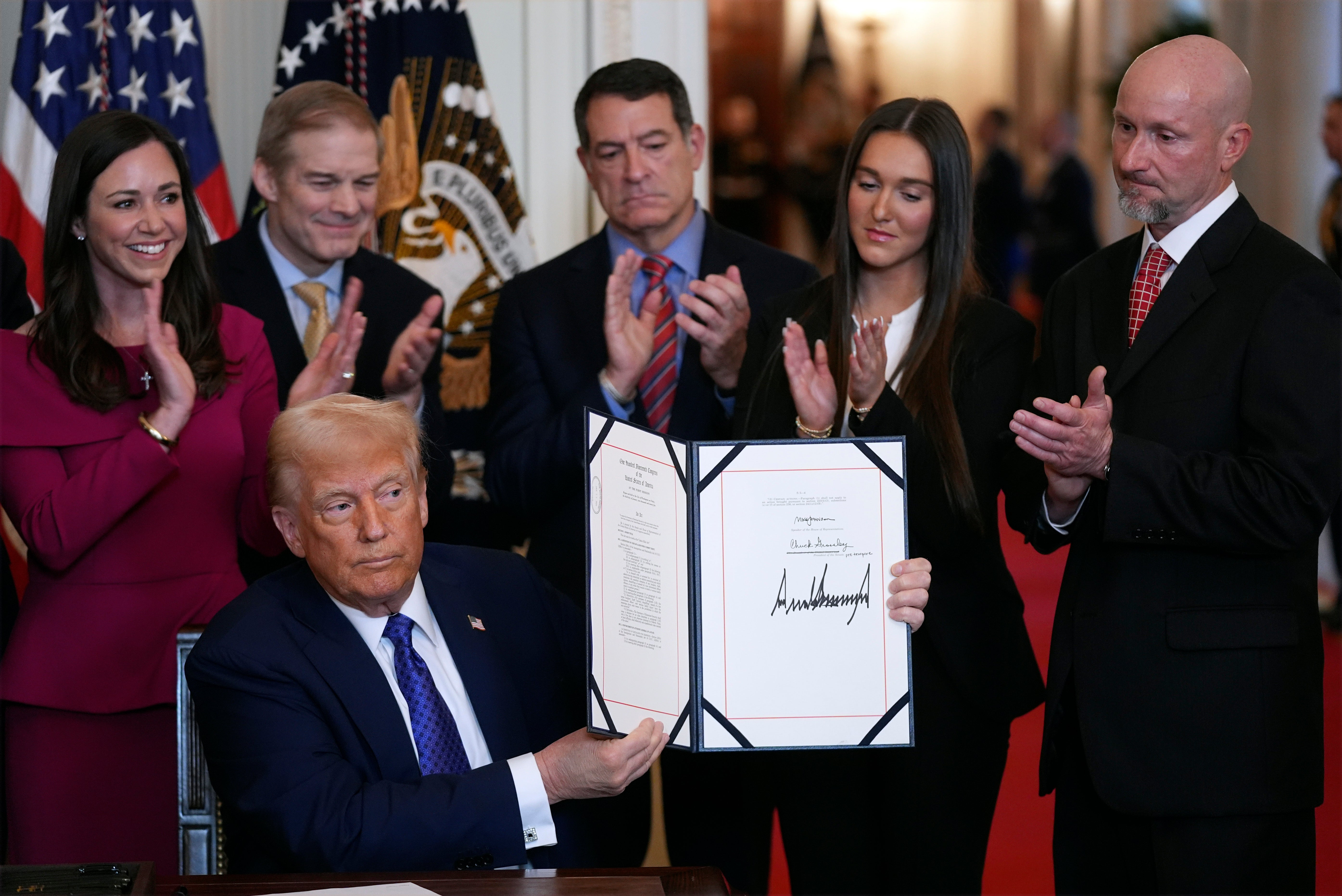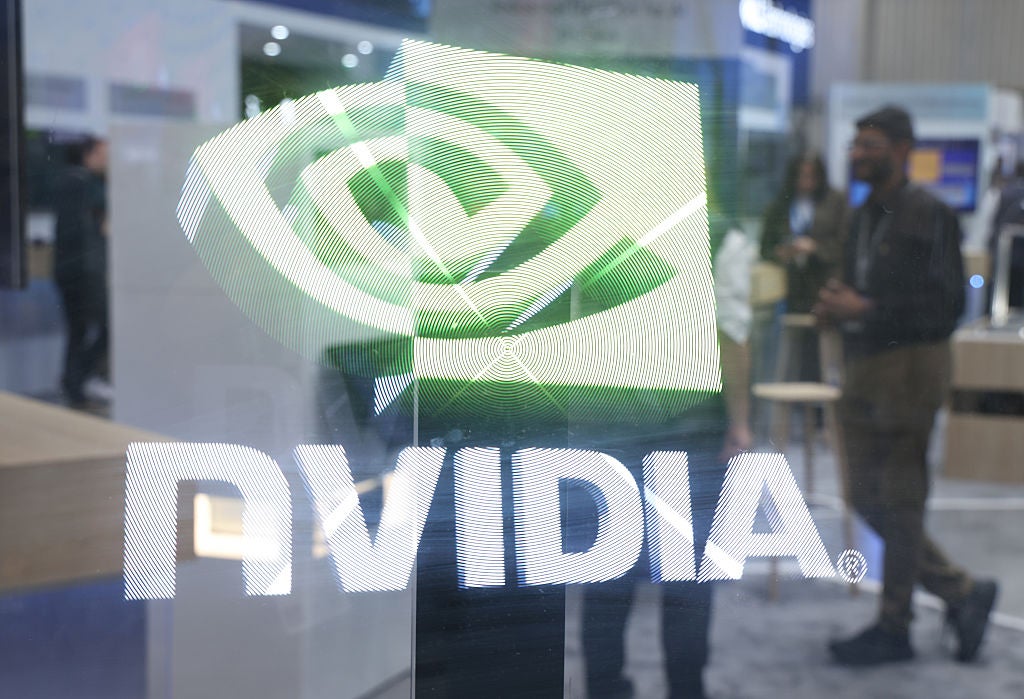Nvidia has become the latest company to be impacted by the fallout of president Trump’s constant alterations to the trade scene, with the chipmaker announcing a $5.5bn (£4.1bn) charge related to export controls to China.
One of the world’s most valuable companies by market capitalisation, Nvidia’s share price has suffered a dramatic fall in 2025, touching around $150 in the first week of the year before sinking to below $100 in the immediate aftermath of Trump’s initial tariff announcement.
While the share price has since clawed back some ground, closing above $112 in Tuesday’s market, evening news of the latest hit - and announcing licences being required for some further exports - sent it falling more than five per cent once more in pre-trading, leaving Nvidia approaching 20 per cent down year to date again and wiping $150bn from its market cap.
Yet all this comes after the promise of US-based investment to the tune of half a trillion dollars - and they’re not the only ones to do so. Which prompts the question: is the Trump administration getting what it wanted?
US manufacturing
If you’ve frequented social media since the question of tariffs arose, you’ll doubtless have seen AI-generated spoof images and videos of overly stereotypical Americans hard at work in clothing factories and the like.
Leaving aside the question of whether the population actually wants those jobs, what Trump wanted to see more of - along with more balanced trade deficits - was companies agreeing to move production Stateside.

Not enough manufacturing and too much importing meant the US were paying what the administration clearly feels is over the odds for goods they should be self sufficient with - and the tariffs are a leveraging tactic in that regard.
Even if that means the initial people to foot the bill are in fact his people, Americans facing rising costs and an uncertain immediate outlook.
Investment incoming
The president has been clear again this week in his comments about getting companies to move. Want to avoid the extra costs on your products that the tariffs create? Switch to America.
“All I have to do is impose a tariff. The more, the faster they move here,” Trump said this week. He was specifically speaking about pharmaceuticals and drugs at that moment, but the wider point remains the same - the more production in the States, the better.
And some big signs of investment incoming are now there.
Nvidia only this week announced they’d be making a full $500bn (£376bn) investment in the US across the coming four years, building AI servers and producing AI chips in the country.

Apple have done the same - half a trillion of investment in the US announced, its self-proclaimed “largest-ever spend commitment”, supporting manufacturing facilities, working with domestic suppliers and even Apple TV productions.
Microsoft have reiterated their intent to continue domestic investment, another chipmaker TSMC said last month they’d invest $100bn in US manufacturing and, doubtless, others will continue to follow.
Some analysts doubt the full nature of these investments - the totals include things like pre-planned expansions, salary rises and everything else which goes on in the normal course of business - but the commitment is certainly there to continue spending.
Negotiating tactic or future baseline?
Outside of tech and for smaller businesses who export to the US, the lingering uncertainty is whether tariffs become the norm and, therefore, whether a portion of sales may be lost for good.
It’s one thing for companies worth trillions to announce long-term investment plans, but local enterprises and microbusinesses can barely keep pace with regulations changing, let alone open production on another continent.
It can work both ways: if the president gets more investment on home soil, perhaps no longer term tariffs are required. On the other hand, the US may feel they will ensure the balance stays redressed.
“This is what Trump is aiming for,” said City Index analyst Fiona Cincotta. “It is moving that manufacturing back to the US, which is what Trump has pledged.”
Industry- and even company-specific carveouts are likely the next step where alterations will come, and few will be surprised if they benefit the businesses who have planted a flag on increased production on American soil.
Ukraine war latest: Trump ‘slashes Kyiv repayments bill’ to open up minerals deal
Xi promises greater access to Chinese market for Malaysia, Vietnam on Southeast Asia tour
Expert tips on how to navigate investing through a stock market downturn
UK inflation falls more than expected
Low-rate mortgages hit 17-year high – but there’s a catch for first-time buyers







